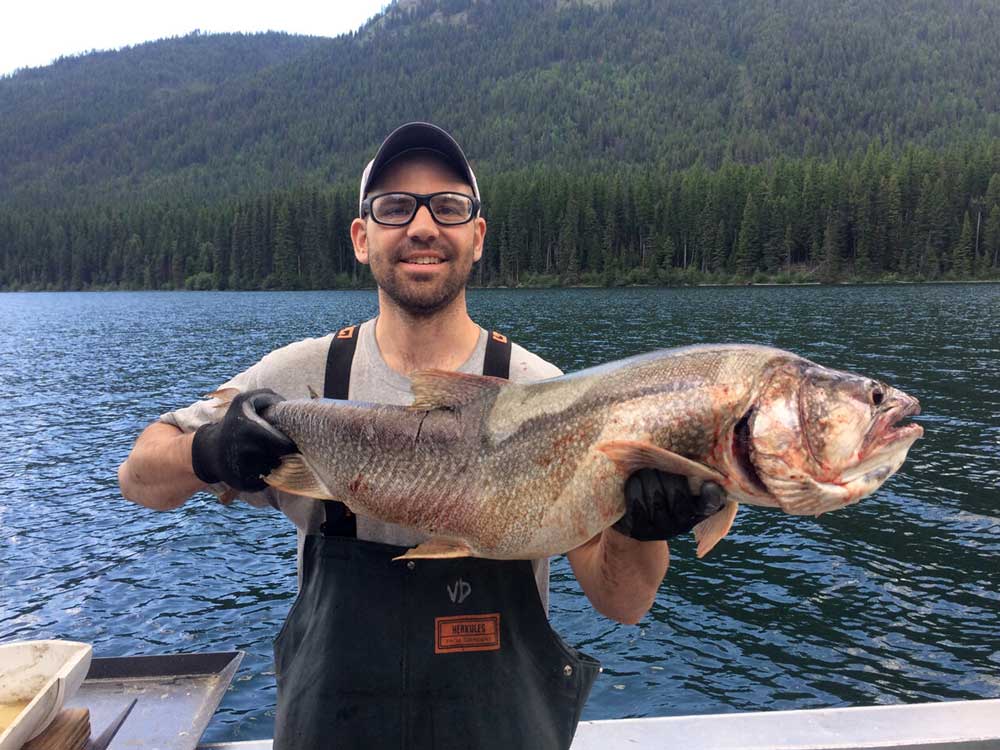You must have known that invasive species changes food webs. Invasive species are responsible for disrupting food webs and native species. But all these facts have remained unclear due to plentiful evidence.
But thanks to new research done by University of Montana for providing us with more rigorous information about how invasive species progressively affect native food webs. The research has also found out that invasive species are also responsible for biodiversity loss. This biodiversity loss is causing nearly $120 billion annual damages only in the U.S.
To conduct this research, the researchers used long-term fisheries monitoring records in order to find the timing of invasion by non-native fish predators in the Montana lake of U.S. The research has also analysed food webs in the lake to determine how the invasion has gradually impacted and then changed native communities.
The research shows how lake trout disrupts food webs and native fishes feed on suboptimal food sources. This is the main cause for the loss of native predators.
The research has also shown that after 25 to 50 years of colonization the lake trout grows in abundance which mainly caused the bad effects on food-web. After 50 years of colonization, lake trout become the dominant predator of the food webs. The research has found out that the invasive lake trout gradually replace the native fish species. The invasive species then create divergent biological communities that are totally different than uninvaded ecosystems.
The study has recorded the species of Flathead Lake and found out that until the late 1800s, there were about 10 native species of fish in the lake. But in the beginning of 1900s, fisheries managers have introduced non-native species to the food web in order to improve Flathead Lake tourism. As a result of this, introduced species like lake trout dominates the food web of Flathead Lake and native species like bull trout and west slope cutthroat have declined dramatically form the Flathead Lake.
The motto behind the study was to stress upon the protection of the entire landscapes from biological invasions. The research also shows the use of bio surveillance monitoring techniques such as environmental DNA to increase the likelihood of detecting invaders before they became permanent residents. The study also found a solution for the already invaded ecosystems. The findings of the research will inform proactive control efforts during the early stages of invasion in order to avoid food web disruptions.

